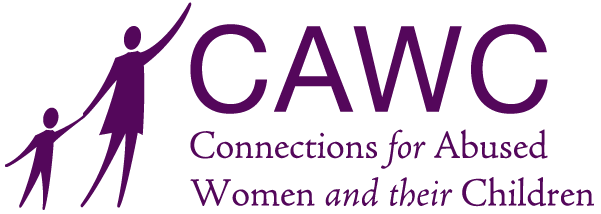Many people think of domestic violence as a heterosexual issue, but many in the LGBTQ+ community are victims and survivors. Domestic violence in the LGBTQ+ community is not only about abusive partners and relationships, but also about stigmas due to their sexual orientation.
Sometimes facts about LGBTQ+ domestic violence are hidden behind myths and misconceptions, including the belief that women aren’t violent, that men aren’t victims, that LGBTQ+ domestic violence is reciprocal, and that there are no significant differences between heterosexual and same-gender domestic violence. But lesbians, gays, and bisexuals experience equally high or higher rates of intimate partner violence, sexual assault, and stalking as heterosexuals.
- 44% of percent of lesbian women and 61% of bisexual women – compared to 35% of heterosexual women – have experienced rape, physical violence, and/or stalking by an intimate partner in their lifetime. *
- 26% percent of gay men and 37% of bisexual men – compared to 29% of heterosexual men – have experienced rape, physical violence, and/or stalking by an intimate partner at some point in their lifetime. **
Watching someone go through an abusive relationship can be challenging, no matter the circumstances. There isn’t always a straightforward response when you spot the warning signs of abuse. Your instinct might be to “rescue them” from the relationship, but abuse is never so simple. There are many ways that abuse shows up, and there are many reasons why members of the LGBTQ+ community remain in abusive situations.
Understanding how power and control function in the context of abuse and how to re-shift power towards those impacted by domestic violence are some of the most important ways to support survivors in your life.
Everybody deserves to live a life free from abuse. If you or someone you care about is an LGBTQ+ victim of domestic violence, call CAWC’s Hotline for a person to talk to and referrals to local services. If you’re curious about your legal rights as an LGBTQ+ victim of domestic violence, our Legal Advocates can help answer questions or connect you with local resources.
You do not have to be a survivor of domestic violence to advocate for a friend in need. CAWC is committed to ending domestic violence for all, including LGBTQ+ victims and survivors.
*National Intimate Partner and Sexual Violence Survey, 2010 Summary Report. National Center for Injury Prevention and Control, Division of Violence Prevention, Atlanta, GA, and Control of the Centers for Disease Control and Prevention.
** National Intimate Partner and Sexual Violence Survey, 2010 Summary Report. National Center for Injury Prevention and Control, Division of Violence Prevention, Atlanta, GA, and Control of the Centers for Disease Control and Prevention.
